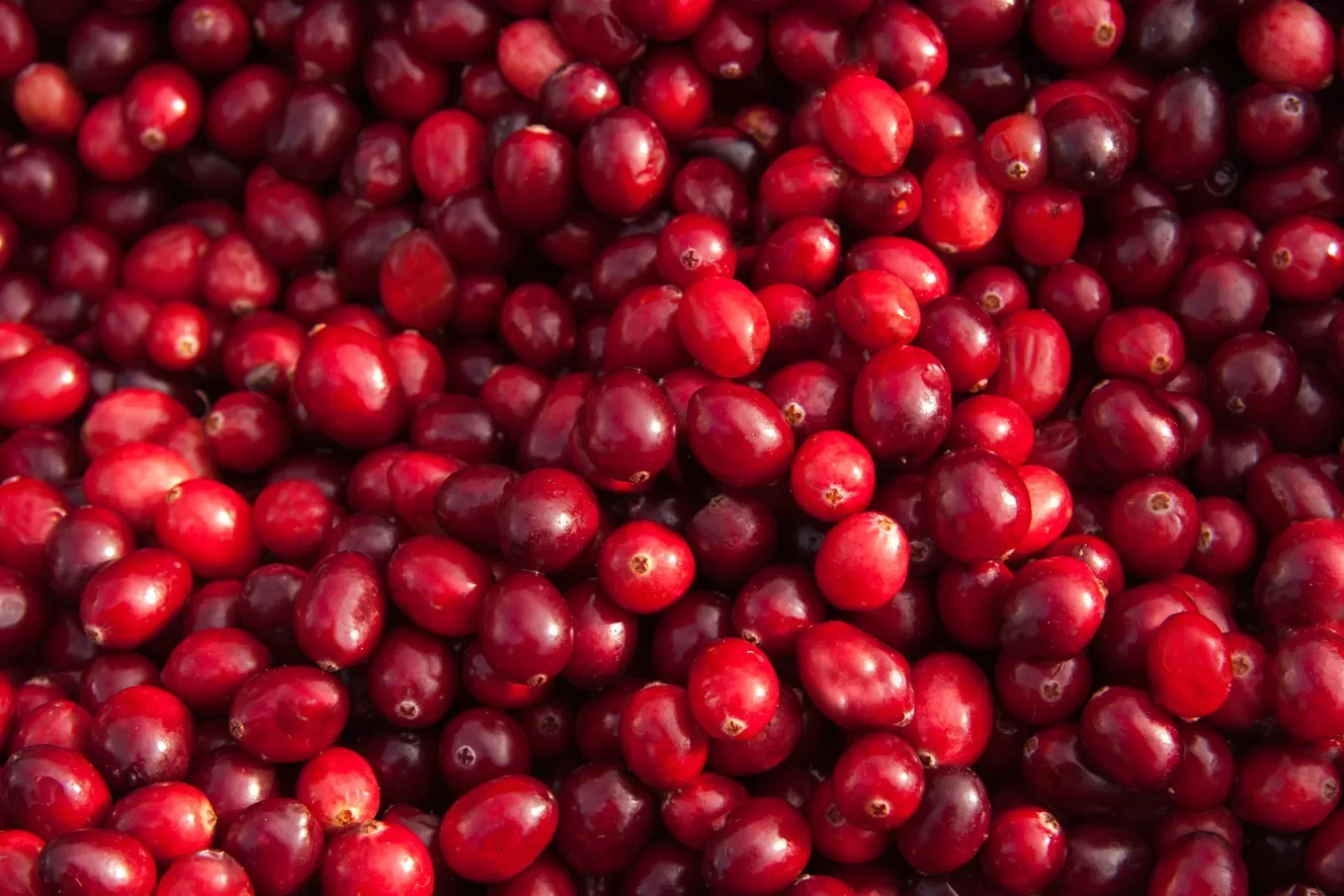- 0086-571-85302990
- sales@greenskybio.com
What Organ Is Cranberry Good For?
2025-06-07
Cranberries, the bright red, tart berries native to North America, have long been celebrated for their unique flavor and remarkable health benefits. These small fruits have transitioned from traditional remedies recommended by indigenous populations to a staple in modern diets, often consumed as juice, dried fruits, capsules, or added to various dishes. One of the most frequently asked questions about cranberries is: Which organ are cranberries especially good for? To answer this, we’ll explore the primary organ systems supported by cranberries, with a special focus on the urinary tract and bladder, and also delve into their broader impacts on overall health.
Cranberries and the Urinary Tract: A Well-Established Connection
The organ that benefits most directly and significantly from cranberry consumption is the urinary bladder, making cranberries especially beneficial for the entire urinary tract system. This association isn’t folklore; it is solidly backed by scientific research.
Urinary tract infections (UTIs) are some of the most common infections, especially among women. They occur when bacteria—most often Escherichia coli (E. coli)—adhere to the walls of the urinary tract and multiply. While antibiotics are the treatment of choice for active infections, cranberries have earned repute for their role in prevention.
The unique power of cranberries lies in their high content of proanthocyanidins, a type of antioxidant polyphenol. Proanthocyanidins in cranberries have been shown to inhibit the ability of E. coli bacteria to attach to the lining of the bladder and urinary tract. By preventing this initial step of bacterial adhesion, cranberries help reduce the risk of infection and recurrence, allowing the bacteria to be flushed away through normal urination. Clinical studies and systematic reviews have found that regular cranberry juice or Cranberry Extract consumption can decrease the frequency of UTIs, especially among women prone to recurrent infections. Leading health organizations such as the American Urological Association recognize the preventive potential of cranberries, although they stress that cranberries are not a replacement for antibiotics in active infections.
Support for Kidney Health
While the bladder is the primary organ to benefit, cranberries also contribute indirectly to kidney health. Kidneys filter blood and produce urine, and untreated urinary tract infections may lead to more serious kidney infections, especially in vulnerable populations. By helping prevent recurring bladder infections, cranberries play a supportive role in reducing the risk of kidney complications and maintaining the overall health of the urinary system.
Cranberries and Other Organ Systems
The influence of cranberries extends beyond the urinary tract. Although the connection may not be as direct or as pronounced, cranberries provide a spectrum of compounds that can benefit other organs:
1. Heart and Blood Vessel Health
Cranberries are a rich source of antioxidants—particularly flavonoids—that are known to support cardiovascular health. Research suggests that these compounds can reduce the oxidation of LDL (bad) cholesterol, lower inflammation, and improve the lining of blood vessels. These effects may collectively reduce the risk of heart disease, lower blood pressure, and promote overall vascular health.
2. Stomach and Gastrointestinal Protection
Emerging evidence highlights the potential for cranberries to protect the stomach from certain bacteria, like Helicobacter pylori, which are linked to ulcers and some gastric cancers. Proanthocyanidins appear to prevent these bacteria from sticking to the stomach lining, thus reducing the risk of infection or enabling faster resolution.
3. Immune System Support
Cranberries contain vitamin C and other antioxidants that bolster immune function and protect cells from damage caused by free radicals. By enhancing immune response and reducing inflammation, cranberries can help keep the body’s defense system in optimal condition.
Best Ways to Add Cranberries to Your Diet
To reap the organ-protective benefits of cranberries, particularly for urinary health, consistency is key. Here are the primary ways to include cranberries in your daily routine:
- Pure cranberry juice: Choose unsweetened varieties to avoid excess sugar. Aim for 8 to 16 ounces per day for preventive benefits.
- Cranberry supplements: Convenient capsules or tablets containing standardized Cranberry Extract are popular, especially if you’re not fond of the juice’s tartness.
- Whole or dried cranberries: Add to salads, cereals, baked goods, or eat as a snack. Opt for varieties with minimal added sugar.
Precautions and Considerations
Though cranberries are generally safe for most individuals, excessive intake can lead to stomach upset and, in rare cases, may increase the risk of kidney stones in susceptible individuals because they contain oxalates. People who are prescribed warfarin, a blood-thinning medication, should consult their physician before adding cranberries to their diet, as cranberries can potentially increase bleeding risk by enhancing the effects of the drug.
Conclusion
Cranberries have earned their reputation as a powerful ally for urinary bladder and urinary tract health, largely by inhibiting bacterial adhesion and reducing the risk of infection. Benefits also extend to protecting the kidneys, supporting heart and digestive health, and boosting immune defenses, underscoring the value of including cranberries in a balanced diet. However, as with any dietary intervention, moderation and professional guidance are important. If you are at risk for kidney stones, take prescription medications, or have preexisting health conditions, consult your healthcare provider before making cranberries a significant part of your wellness routine.
Cranberries, whether enjoyed as tart juice, dried fruit, or convenient supplements, offer a convenient and effective way to support some of your body’s most vital organs, especially your bladder and urinary tract.
- ▶ Hesperidin
- ▶ citrus bioflavonoids
- ▶ plant extract
- ▶ lycopene
- ▶ Diosmin
- ▶ Grape seed extract
- ▶ Sea buckthorn Juice Powder
- ▶ Beetroot powder
- ▶ Hops Extract
- ▶ Artichoke Extract
- ▶ Reishi mushroom extract
- ▶ Astaxanthin
- ▶ Green Tea Extract
- ▶ Curcumin Extract
- ▶ Horse Chestnut Extract
- ▶ Other Problems
- ▶ Boswellia Serrata Extract
- ▶ Resveratrol Extract
- ▶ Marigold Extract
- ▶ Grape Leaf Extract
- ▶ Coix Seed Extract
- ▶ Aminolevulinic acid
- ▶ Cranberry Extract
-
What is Cranberry Extract Good For?
2025-06-07
-
Tormentil Extract
2025-06-07
-
melatonin extract
2025-06-07
-
Citrus bioflavonoids
2025-06-07
-
Panax Ginseng Leaf Extract
2025-06-07
-
Konjac Powder
2025-06-07
-
Troxerutin
2025-06-07
-
White Peony Extract
2025-06-07
-
Honeysuckle Pollen
2025-06-07
-
Green Tea Extract
2025-06-07
-
Tamarind extract powder
2025-06-07

























